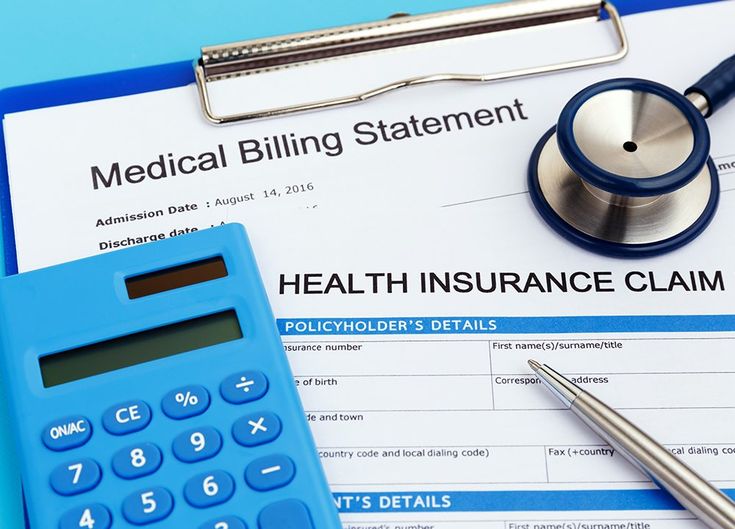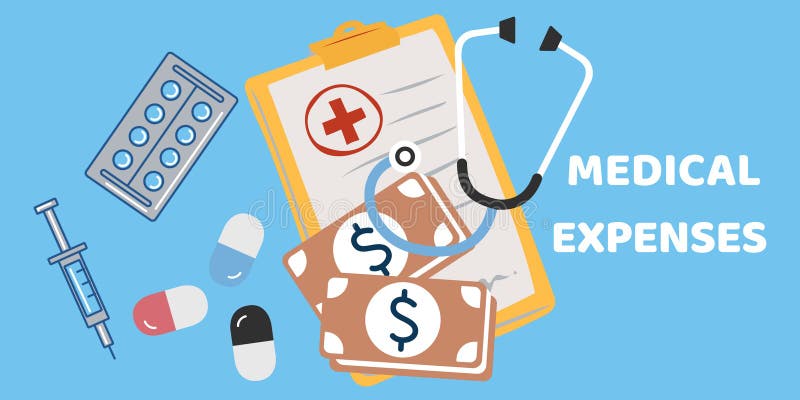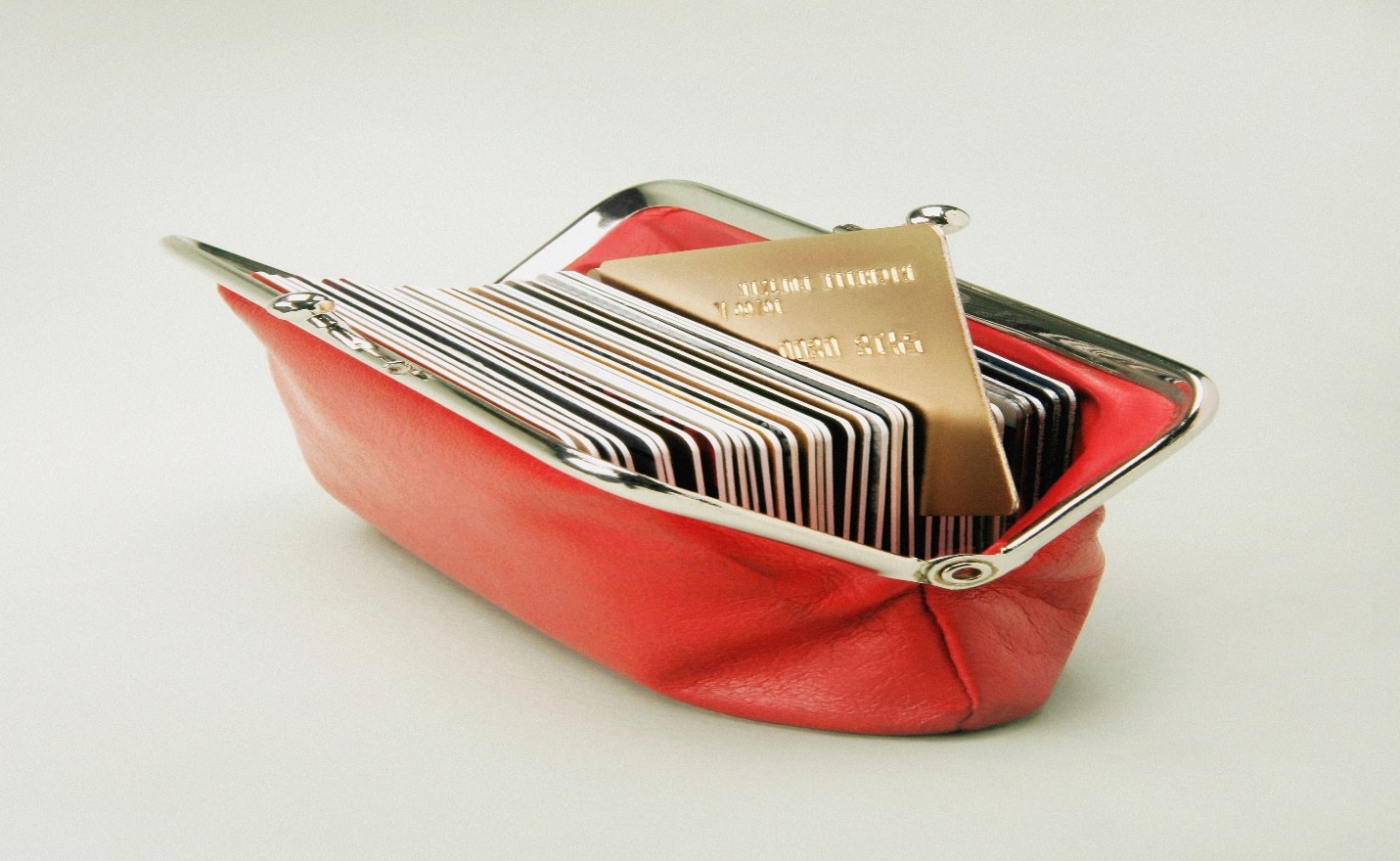
Someone becomes ill whenever you least expect it, and you can be left counting all the costs up to your last coin. Unforeseen expenses may fall under the miscellaneous category, and provided you have planned your finances well in advance, you should set aside a special fund to bear this in mind. Employing operational measures helps to minimize financial losses when facing the unpredictable and stay calm.
Evaluate Your Financial Resources
Awareness of your financial context is crucial to financial planning for emergencies such as a medical bill. Add up your total income, savings, and monthly expenses to determine the amount of Money you are ready to spend on short notice. Evaluating your current level of health insurance and discovering inadequate coverage will also indicate how much more you should be saving.
Build an Emergency Fund

An emergency fund is a financial safety net that provides immediate relief when unexpected medical expenses arise. Start by setting aside a small amount each month and gradually increase your contributions. Ideally, this fund should cover several months' worth of expenses, including medical bills. Prioritizing this savings goal ensures you have the resources to handle emergencies without resorting to debt.
Explore Health Insurance Options
Health insurance is one of the essential parts when it comes to planning for medical expenses. Check the policy to know what it entails regarding co-payment, deductible, and out-of-pocket maximum charges. If the current plan does not meet your needs, you may require a better or additional plan to reduce risks that may be incurred in the future. This kind of action can relieve pressure from emergency health costs.
Cut Back on Non-Essential Spending
Step 2 before ever getting to the medical emergency: Look at your monthly budget and evaluate what spending can be cut. It is possible to save a lot simply by redirecting funds that would otherwise be spent on entertainment, dining out, and other fun activities and putting the Money in a medical savings account. All those small steps you take change your everyday life a little, which will help you accumulate a significant amount of Money designated as a reserve for emergencies, including medical ones.
Consider Flexible Spending Accounts

If possible, use FSA or HSA to plan medical bills in case they are incurred. These special accounts enable you to save Money before taxes; they are exempt from taxes to pay your eligible health costs. When contributing to the SEP-IRA regularly, you create your financial cushion and reduce your taxable income. This is a healthy way to ensure you are always prepared for those unpleasant surprises associated with medical costs.
Plan for Payment Options
Understanding your available payment methods can ease the financial burden whenever hospital expenses do occur. Many healthcare facilities have flexible plans for paying your bills or a system where they can help you get a payment plan or find a way to make payments in installments. This knowledge helps you to keep costs under control without affecting your financial stability in general when you are aware of these options in advance.
Conclusion
Personal savings are generated out of routine and systematically saved. Money to cater to such situations is always significant. So, you are set for life by starting to accumulate Money in an emergency fund, learning how to identify the best insurance plan for you, and making minor changes in spending. Preparation beforehand is critical because when the time comes for you to face medical expenses, you're prepared and calm.




